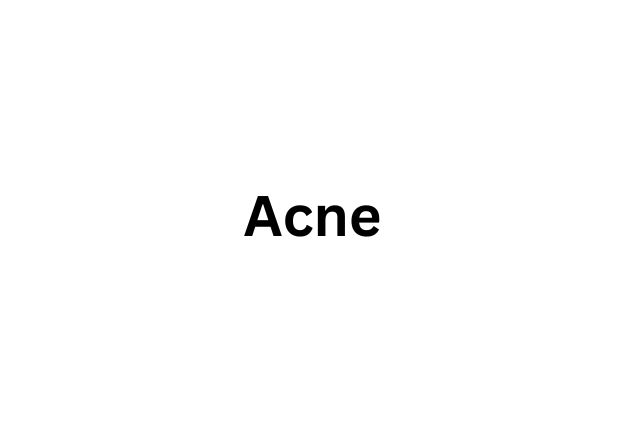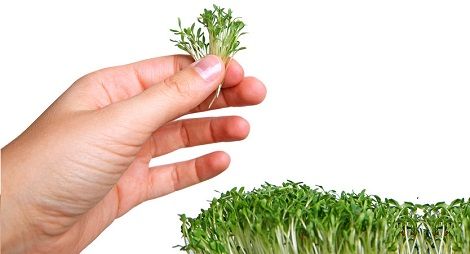What is Acne?
Acne is an umbrella term for skin conditions that result from the clogging of pores by oil and dead skin cells.
Some of the issues that can arise are blackheads, whiteheads, pimples, and cysts. Most individuals experience acne during pubescence and on their face, but in some cases it can continue into adulthood and appear on other parts of the body, such as the chest and back.
Causes
Most people experience acne during puberty, approximately 70 to 87 percent of teenagers. It occurs when excess oil clogs skin pores causing inflammation at the skin’s surface.
Its prevalence during the teenage years is due to overactive oil-producing glands, leading to the excess oil and an increased likelihood of clogged pores.
Some individuals experience little to no acne, while others experience severe cases that can be influenced by diet, stress, and genetics.
Symptoms and Complications
Acne is a general term and encompasses a number of skin problems that can arise from clogged pores.
These include whiteheads, the bulging of the follicle wall, blackheads, exposed bacteria, and oil which has turned brown, pimples, and inflamed or infected hair follicles. These are generally not an issue, but in severe cases can have a serious psychological impact and cause permanent damage to the skin.
Individuals can become self-conscious about their appearance and this can negatively impact their social interactions.
Prevention and Treatment
The best way to combat acne is to prevent it. As it is caused by clogged pores, it is best to keep skin clean. Though not much can be done about overactive oil-producing glands during pubescence, the removal of oil and dead cells is a good skin health habit.
Additionally, diets rich in dairy products and carbohydrates have been associated with increased acne, so avoiding these types of foods may improve the condition.
Over the counter medicated creams with benzoyl peroxide, alpha hydroxyl acid, salicylic acid or tea tree oil are effective in drying blemishes and cleansing pores.
It is important to touch acne as little as possible. Bursting pimples can lead to infections, worse acne and scarring. If after three months the acne remains, see a doctor for more invasive techniques. A dermatologist can also be seen to remove scarring associated with acne.
Written By: Wesley Tin, BMSc
For information on clinical trials for acne treatments click here.



